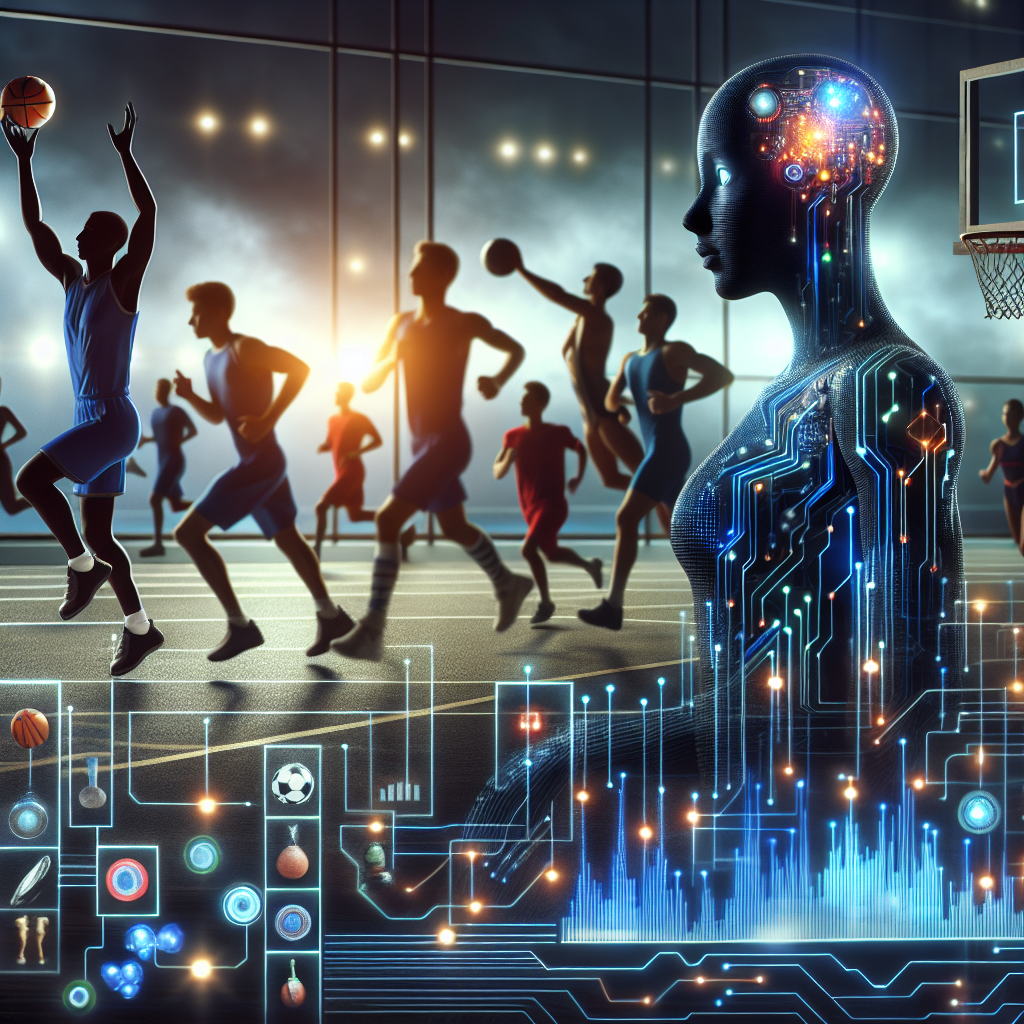In the world of sports, talent scouting plays a crucial role in identifying and nurturing young athletes with the potential to become future stars. Traditionally, talent scouting has been a labor-intensive process that involves scouts traveling far and wide to observe athletes in action, analyze their performance, and make recommendations to coaches and team managers. However, with the advent of artificial intelligence (AI), the landscape of sports talent scouting is rapidly changing.
AI technology is revolutionizing the way sports organizations identify and recruit talent by providing advanced analytics, predictive modeling, and data-driven insights that can help scouts make more informed decisions. From analyzing player performance metrics to predicting future success, AI is reshaping the way talent scouting is conducted in the world of sports. In this article, we will explore the role of AI in sports talent scouting and its impact on the future of athlete recruitment.
One of the key areas where AI is making a significant impact in sports talent scouting is in the analysis of player performance data. With the advent of wearable technology and sensors embedded in equipment, athletes can now generate a vast amount of data that can be used to assess their performance on the field. AI algorithms can process this data in real-time, providing insights into an athlete’s speed, agility, strength, and other key performance indicators.
By analyzing this data, scouts can identify talented athletes who possess the physical attributes and skills needed to succeed in their respective sports. For example, in basketball, AI can analyze a player’s shooting percentage, rebounding ability, and defensive skills to determine their overall effectiveness on the court. In soccer, AI can analyze a player’s passing accuracy, ball control, and goal-scoring ability to assess their potential as a future star.
In addition to analyzing performance data, AI can also be used to predict the future success of athletes based on their past performance and other factors. By using machine learning algorithms, scouts can create predictive models that can forecast an athlete’s potential for success in the future. These models can take into account a wide range of variables, such as age, injury history, playing style, and competition level, to provide a comprehensive assessment of an athlete’s future prospects.
For example, a predictive model may determine that a young tennis player has the potential to become a top 10 player in the world based on their current ranking, age, and performance in recent tournaments. This information can help scouts and coaches make more informed decisions about which athletes to recruit and develop.
Another way AI is transforming sports talent scouting is through the use of video analysis technology. By using computer vision algorithms, AI can analyze video footage of athletes in action to identify key performance indicators, such as shot selection, movement patterns, and decision-making skills. This technology can provide scouts with valuable insights into an athlete’s strengths and weaknesses, helping them make more accurate assessments of their talent.
AI can also be used to automate the process of scouting and recruiting athletes, saving time and resources for sports organizations. By using AI-powered software platforms, scouts can quickly search and filter through vast amounts of data to identify potential prospects that meet specific criteria. This can streamline the talent scouting process and allow scouts to focus their efforts on evaluating the most promising athletes.
FAQs:
Q: How accurate are AI predictive models in sports talent scouting?
A: AI predictive models in sports talent scouting can be highly accurate, especially when they are trained on large datasets of performance data. However, it’s important to note that predictive models are not foolproof and should be used in conjunction with human judgment and expertise.
Q: Can AI replace human scouts in sports talent scouting?
A: While AI technology can automate certain aspects of talent scouting, such as data analysis and player evaluation, human scouts still play a crucial role in the process. Human scouts bring a wealth of experience, intuition, and insight that AI technology cannot replicate.
Q: What are the ethical implications of using AI in sports talent scouting?
A: The use of AI in sports talent scouting raises ethical concerns around data privacy, bias, and fairness. Sports organizations must ensure that AI algorithms are trained on unbiased datasets and that they comply with relevant data protection regulations.
Q: How can athletes benefit from AI in sports talent scouting?
A: Athletes can benefit from AI in sports talent scouting by receiving more accurate and personalized feedback on their performance, as well as access to new opportunities for recruitment and development. AI technology can help athletes reach their full potential and achieve success in their chosen sport.

